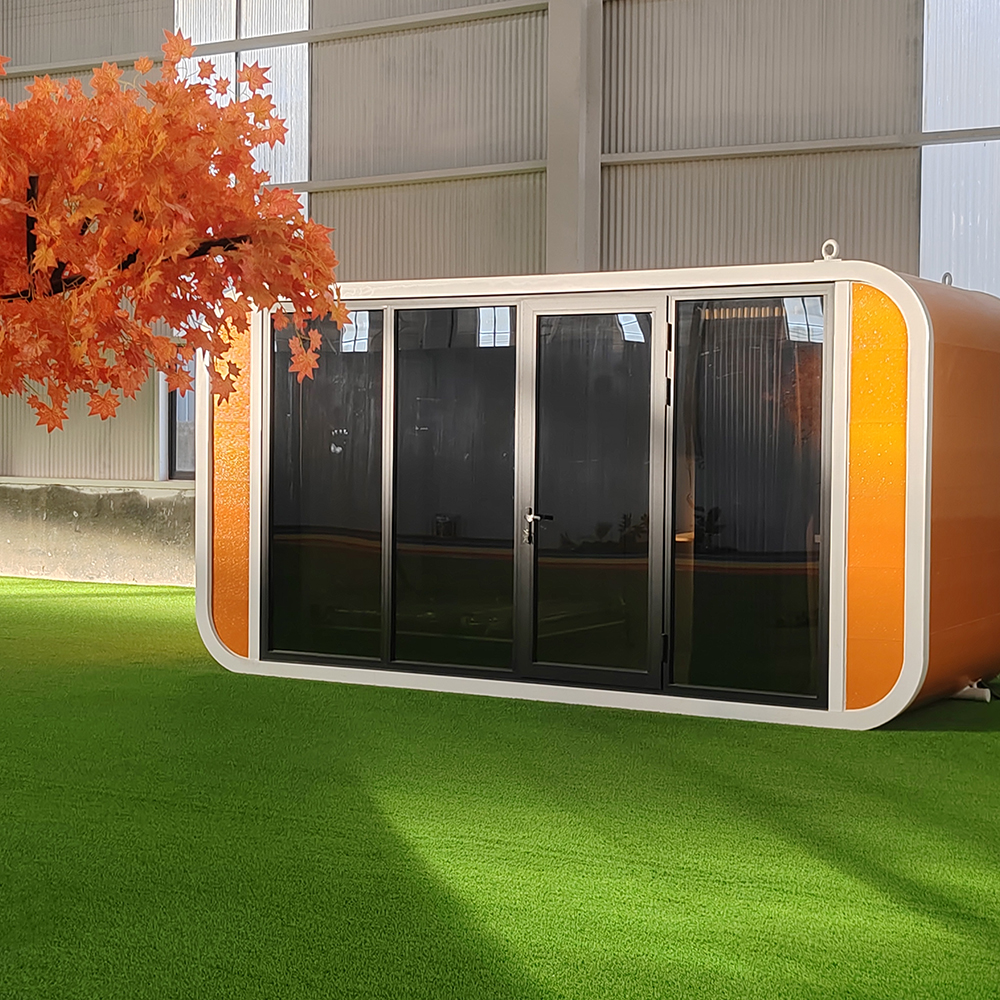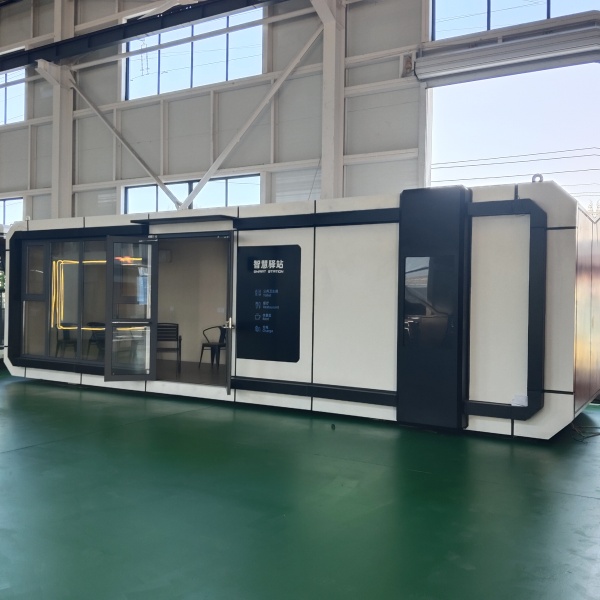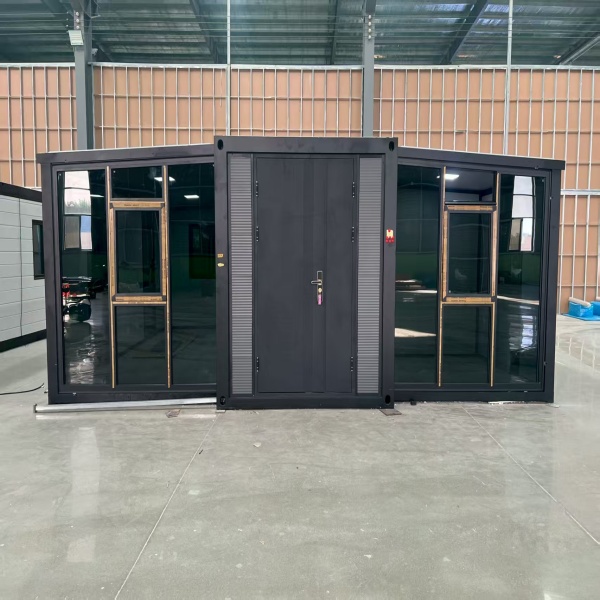-
E-mail
Austin120521@outlook.com -
E-mail
sales@jujiuhouse.com -
Telephone
+86-17864099991 -
Telephone
+86-17854044442
- Chinese
- French
- German
- Portuguese
- Spanish
- Russian
- Japanese
- Korean
- Arabic
- Irish
- Greek
- Turkish
- Italian
- Danish
- Romanian
- Indonesian
- Czech
- Afrikaans
- Swedish
- Polish
- Basque
- Catalan
- Esperanto
- Hindi
- Lao
- Albanian
- Amharic
- Armenian
- Azerbaijani
- Belarusian
- Bengali
- Bosnian
- Bulgarian
- Cebuano
- Chichewa
- Corsican
- Croatian
- Dutch
- Estonian
- Filipino
- Finnish
- Frisian
- Galician
- Georgian
- Gujarati
- Haitian
- Hausa
- Hawaiian
- Hebrew
- Hmong
- Hungarian
- Icelandic
- Igbo
- Javanese
- Kannada
- Kazakh
- Khmer
- Kurdish
- Kyrgyz
- Latin
- Latvian
- Lithuanian
- Luxembou..
- Macedonian
- Malagasy
- Malay
- Malayalam
- Maltese
- Maori
- Marathi
- Mongolian
- Burmese
- Nepali
- Norwegian
- Pashto
- Persian
- Punjabi
- Serbian
- Sesotho
- Sinhala
- Slovak
- Slovenian
- Somali
- Samoan
- Scots Gaelic
- Shona
- Sindhi
- Sundanese
- Swahili
- Tajik
- Tamil
- Telugu
- Thai
- Ukrainian
- Urdu
- Uzbek
- Vietnamese
- Welsh
- Xhosa
- Yiddish
- Yoruba
- Zulu
- Kinyarwanda
- Tatar
- Oriya
- Turkmen
- Uyghur

folding house boxabl
Exploring the Potential of Folding House Boxabl
The idea of a folding house, particularly the Boxabl model, stirs up some intriguing possibilities. This concept isn’t entirely new, but the combination of sleek design, portable housing, and modern conveniences challenges traditional notions of home construction. Yet, despite its promise, some common misconceptions persist, often rooted in a misunderstanding of its practical applications and market viability.
Understanding the Appeal
The allure of folding house Boxabl lies in its modular simplicity and sheer adaptability. For someone working in the real estate investment sector, the potential savings on labor and materials stand out. The process avoids many conventional construction pitfalls—weather delays, fluctuating labor costs, and intricate zoning laws, to name a few.
Yet, it's not just about cost savings. The rapid deployment features make it ideal for those seeking immediate occupancy. Imagine being on a project site or organizing emergency relief housing and having durable structures ready in hours rather than weeks.
On the other hand, such rapid deployment requires careful planning. Utilities setup, local compliance, and land preparation can become unwitting hurdles if not anticipated and addressed. One time, during a project with Shandong Jujiu Integrated Housing Co., Ltd., we faced unexpected zoning issues. Their experience in integrated housing solutions, as detailed on their website, made them ideal partners in navigating these complexities.
Common Pitfalls and Misunderstandings
Many assume these units are flimsy or lack permanence. However, the robust engineering behind Boxabl units often surprises skeptics. They're built to withstand elements, much like traditional homes. During a demonstration session by Shandong Jujiu, the attention to structural integrity was clear, evidenced by their light steel villa and steel structure engineering expertise.
The misconception of lack of customization also deserves mention. While folding houses are modular, customization is far from limited. With inputs from design-focused companies like Shandong Jujiu, clients can tailor interiors to fit diverse needs, whether it's a compact family home or a spacious office setup.
But here’s a caveat: retrofitting existing properties to accommodate these units isn’t always straightforward. Structural modifications can introduce unexpected costs, making it crucial to evaluate existing site infrastructure before deciding on a folding unit addition.
The Realities of Packaging and Delivery
One might expect the logistics of a foldable house to be simple, but moving these perfectly optimized units is a task that requires precision. The actual folding mechanism, while ingeniously engineered, demands careful handling during transit. There was an instance where a Boxabl unit was almost compromised due to improper loading.
It’s crucial to work with experienced transport partners, a protocol that's routinely perfected by industry players like Shandong Jujiu. Their integration of design and logistics ensures smoother transitions from factory to field, as seen on their official platform.
The final setup, surprisingly, tends to be the easiest part. Once on site, the hydraulic systems unfold the unit with minimal manual intervention. However, integration into existing infrastructure needs careful alignment—especially concerning plumbing and electricity.
A Future with Innovation and Integration
With the real estate market shifting towards sustainable and rapid construction solutions, the folding house model offers intriguing prospects. For instance, combining Boxabl's design with Shandong Jujiu’s R&D capabilities might forge new paths in sustainable housing.
However, widespread adoption hinges on evolving perceptions and overcoming regulatory ambiguities. Often, clients question the long-term viability of such homes. Addressing these concerns means reinforcing trust in engineering and demonstrating resilience to potential buyers.
The industry stands at a crossroads where innovation meets tradition. By embracing companies that seamlessly blend design, production, and installation—like Shandong Jujiu Integrated Housing—the promise of folding houses could indeed reshape residential living and commercial planning.
Conclusion: A Comprehensive Outlook
The concept of a folding house, particularly in the form of Boxabl, brings a refreshing change to the housing industry. With companies like Shandong Jujiu leading in technology and design, the benefits of swift installation and cost-efficiency are tangible.
Still, as with all innovative approaches, incorporating these homes requires careful consideration of practical and regulatory factors. Continued partnerships with seasoned industry players will be key to overcoming potential challenges and realizing the full potential of these versatile housing solutions.
In summary, while the journey of integrating folding house Boxabl homes into mainstream construction is complex, the rewards of successful implementation promise a new era in adaptive, efficient housing.
Related products
Related products
Best selling products
Best selling products-
 Detachable Design Prefabricated Container House Portable Modular Office Building Folding Container House
Detachable Design Prefabricated Container House Portable Modular Office Building Folding Container House -
 A container house with a terrace and double-wing folding design, suitable for various purposes such as offices, meeting rooms, living rooms, etc.
A container house with a terrace and double-wing folding design, suitable for various purposes such as offices, meeting rooms, living rooms, etc. -
 High-quality Double-wing Folding Container House with Doors and Windows, Insulated Walls, Suitable for Various Scenarios.
High-quality Double-wing Folding Container House with Doors and Windows, Insulated Walls, Suitable for Various Scenarios. -
 Hot-selling foldable container houses, expandable prefabricated houses, suitable for office or living use, with fast delivery.
Hot-selling foldable container houses, expandable prefabricated houses, suitable for office or living use, with fast delivery. -
 Customized Two Wing Folding Expandable Container House
Customized Two Wing Folding Expandable Container House -
 The foldable container house with side wing design can be quickly set up and is suitable for various environments.
The foldable container house with side wing design can be quickly set up and is suitable for various environments. -
 Good Quality Modular Homes Prefabricated House Expandable Container House 20FT Mobile Flat Roof House
Good Quality Modular Homes Prefabricated House Expandable Container House 20FT Mobile Flat Roof House -
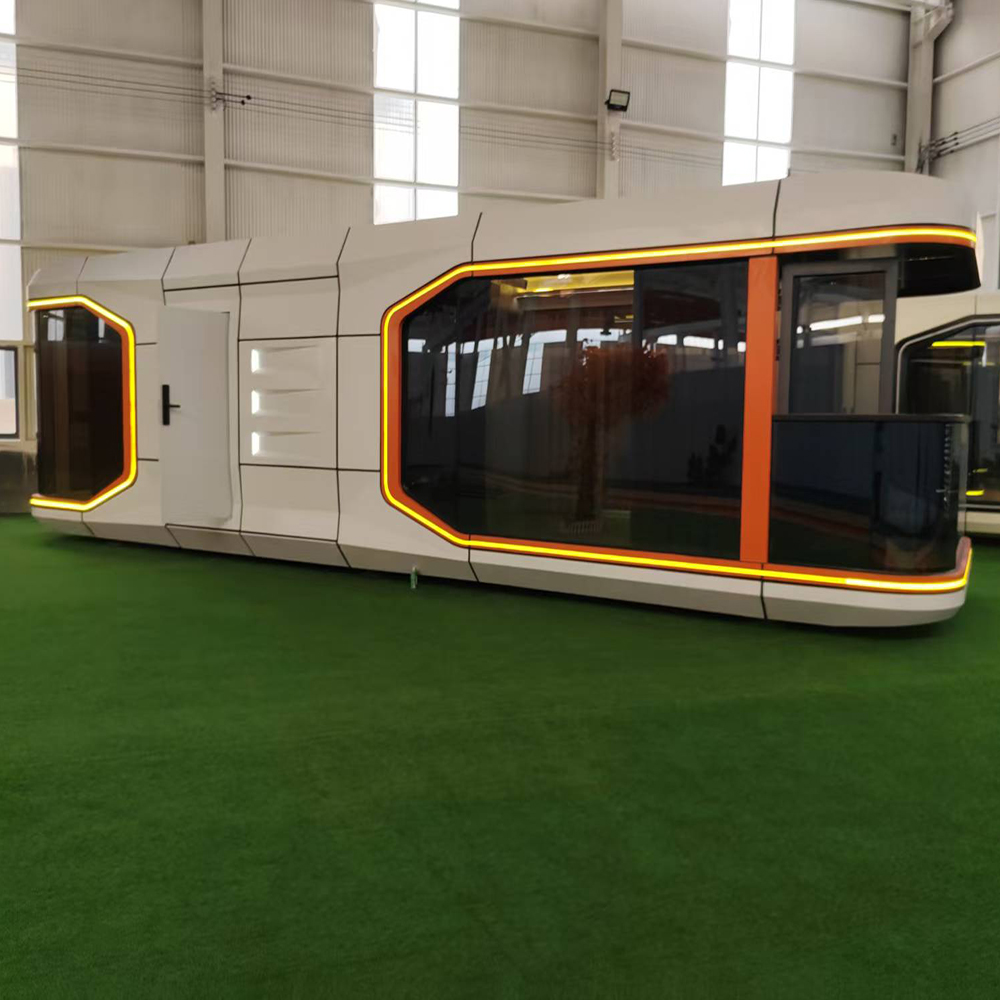 Standard Modern Camping Pod Space Prefabricated Portable Mobile Capsule Room Hotel Bathroom Prefabricated Spaceship House
Standard Modern Camping Pod Space Prefabricated Portable Mobile Capsule Room Hotel Bathroom Prefabricated Spaceship House -
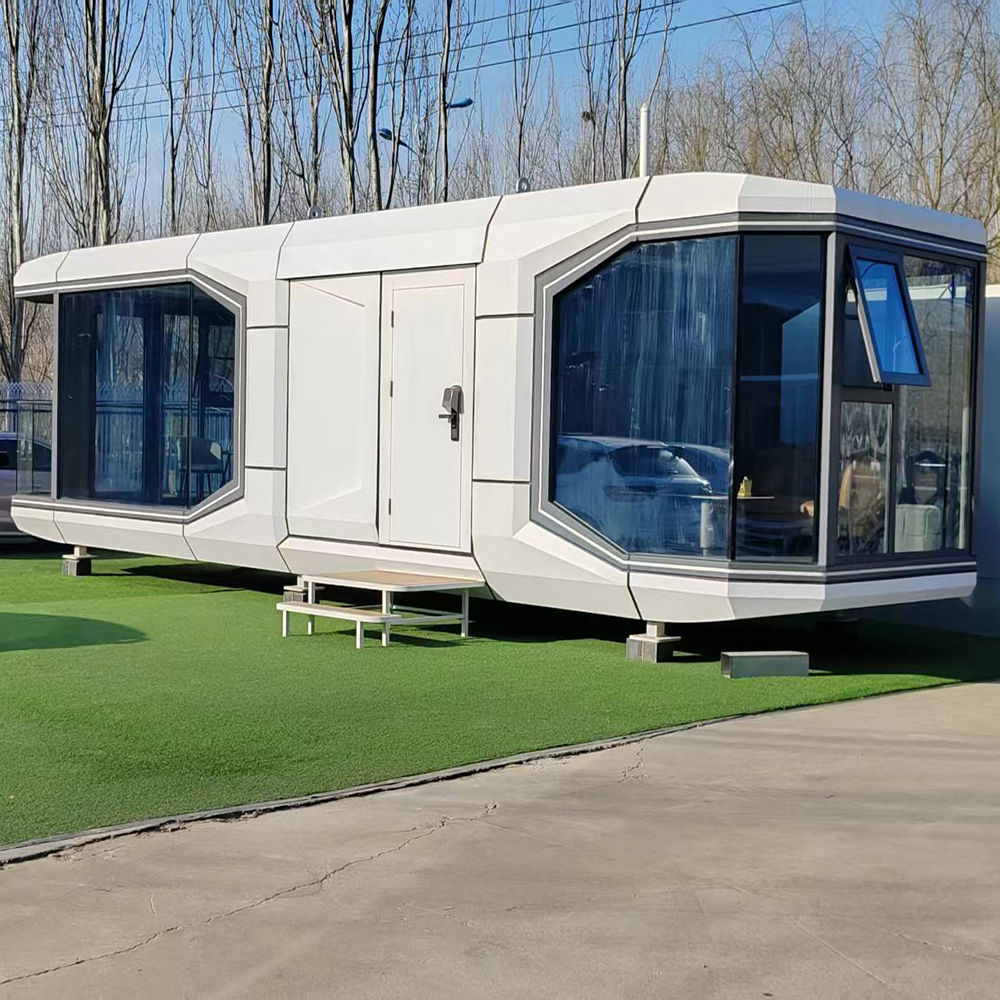 Luxury High Quality 2 Bedroom Container Home Prefabricated Steel Space Capsule for Office Shop Hotel or Outdoor House
Luxury High Quality 2 Bedroom Container Home Prefabricated Steel Space Capsule for Office Shop Hotel or Outdoor House -
 Customized Expandable Container House Holiday Home Folding Prefab Container House with Bathroom and Kitchen
Customized Expandable Container House Holiday Home Folding Prefab Container House with Bathroom and Kitchen -
 Movable Prefabricated Container House Villas Modular Portable Homes 1 Bedroom Container House Offices Apartments
Movable Prefabricated Container House Villas Modular Portable Homes 1 Bedroom Container House Offices Apartments -
 Waterproof folding container house – mobile accommodation for campsites/scenic spots
Waterproof folding container house – mobile accommodation for campsites/scenic spots
Related search
Related search- fold out house boxabl
- Buy trailer that folds out into a house
- Buy fold out container homes price
- China collapsible container house
- Buy expandable folding house
- modular prefab prefabricated shipping container house home
- China shipping container fold out homes
- Buy luxury space capsule
- Buy 15ftx 20ft mobile expandable prefab house mobile home prefab
- prefab container house price









